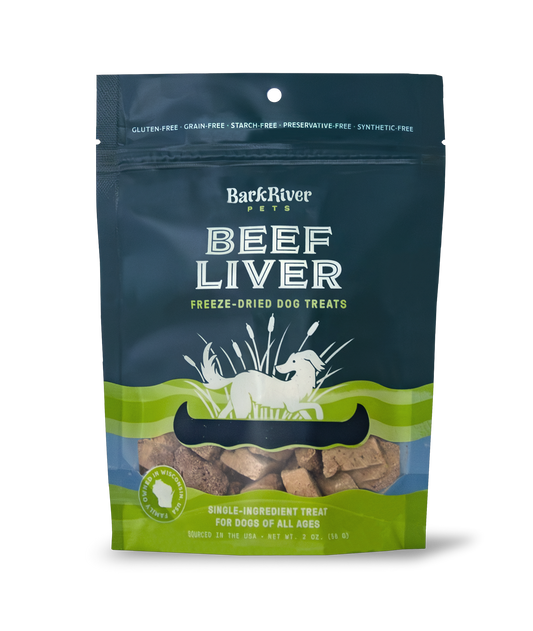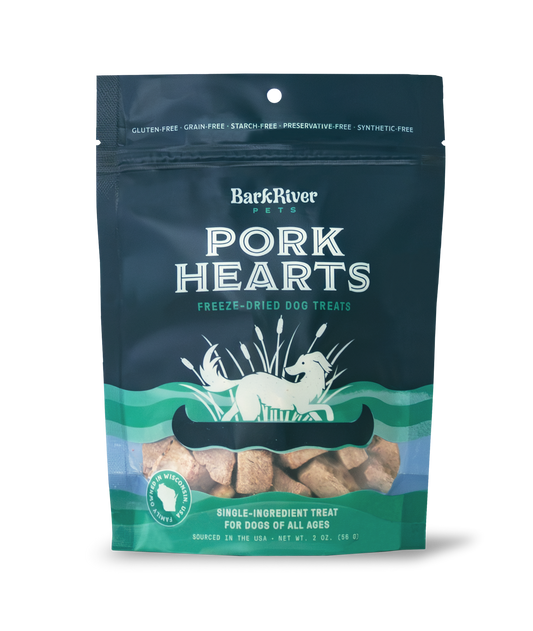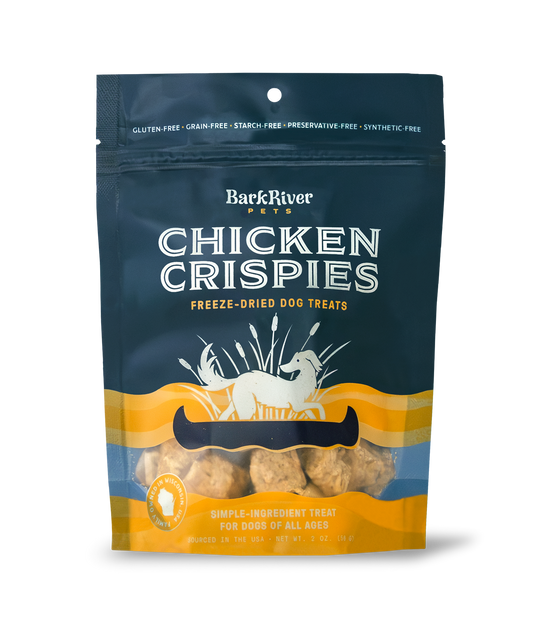Maintaining a vibrant, green lawn is a common goal for many homeowners, but it's crucial to approach lawn care with your pets' safety in mind. Many lawn care products contain chemicals that could be harmful to pets if ingested or even touched. This post will guide you through creating a pet-safe backyard environment, focusing on safer practices and products for lawn maintenance.
Understanding the Risks
Chemical fertilizers, herbicides, and pesticides are often integral to traditional lawn care routines but pose significant risks to pets. These substances can cause a range of health issues, including skin irritations, organ damage, and more severe conditions if ingested. Given that pets naturally explore their environments by sniffing and tasting, the potential for exposure is high, making it essential to choose safer alternatives.
Choosing Pet-Friendly Products
1. Organic Fertilizers: Organic options are preferable over synthetic fertilizers. Ingredients like bone meal or seaweed not only nourish the lawn but are also safer for pets. Products such as Purely Organic Lawn Food are excellent examples, providing effective nourishment without harmful chemicals.
2. Herbicides and Pesticides: Select products labeled as safe for pets. These are typically derived from natural ingredients and reduce the risk of toxicity. EcoSMART offers a range of products that effectively control weeds and pests without harsh chemicals.
3. Insect Control: Consider natural alternatives like beneficial nematodes and diatomaceous earth for pest control. These methods can be effective against common pests such as fleas and ticks and are non-toxic to both pets and humans. Additionally, using monthly preventive treatments for your pets, such as flea and tick protection, can further safeguard them from common outdoor pests.
Safe Practices for Lawn Maintenance
- Read Product Labels: Always adhere to the guidelines on product labels, especially the instructions about pet safety and the recommended waiting period before allowing pets back onto the lawn.
- Regular Lawn Maintenance: Keeping your lawn healthy through regular mowing, watering, and aerating can naturally reduce the need for chemical treatments.
- Spot Treatment: Apply chemicals only to areas where weeds or pests are concentrated rather than treating the entire lawn. This practice minimizes overall chemical use.
- Temporary Fencing: If chemical application is unavoidable, temporarily fence off treated areas to prevent pet access until the chemicals have settled or washed away.
Alternative Approaches
- Pet-Safe Repellents: Instead of using plants like lavender and lemongrass, which are toxic to dogs, opt for safer choices such as rosemary or mint, which can help repel pests naturally and are safer for dogs.
- Physical Barriers: Use fences or raised beds to protect pets from accessing treated areas or certain plants within the garden.
- Paw Cleaning: Regularly clean your pet’s paws after spending time in the yard to prevent them from ingesting any residues when grooming themselves. We recommend using products like Earth Rated Wipes or a foaming cleanser for quick and effective paw cleaning.
Other Recommended Dog-Friendly Products:
- Espoma Organic Weed Preventer: This corn gluten meal-based product prevents weeds safely and is non-toxic to pets.
- Green Gobbler Vinegar Weed & Grass Killer: An excellent choice for a non-toxic, vinegar-based herbicide, it effectively controls weeds without posing risks to pets.
- Safer Brand Insect Killing Soap: Ideal for dealing with insects without using harsh chemicals, ensuring your lawn remains safe for pets.
Ensuring your backyard is safe for pets requires thoughtful selection of products and practices. By choosing the right fertilizers and adopting pet-friendly lawn care habits, you can maintain a beautiful, lush lawn that is a safe environment for all family members, including your beloved pets.




